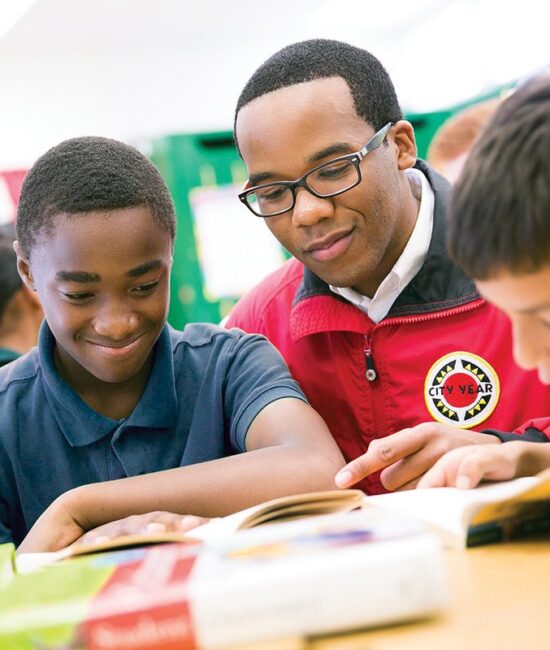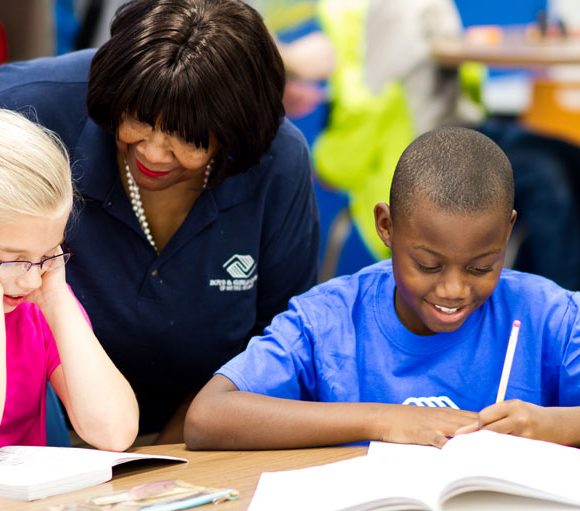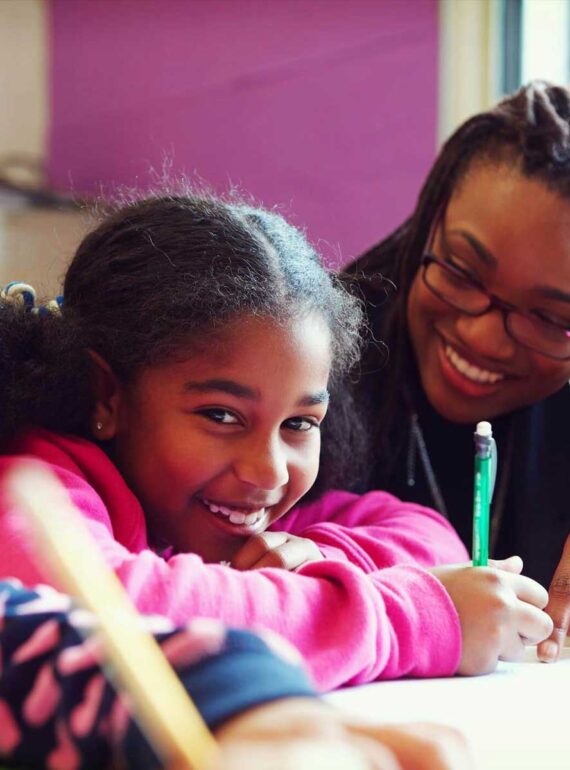Currently Empty: £0.00
Mentoring is a time-tested methodology for getting ready the next generation for a responsible adulthood/leadership. It is simply a journey with your teen son or daughter as they transition from childhood to adulthood. When a child is born, parents invest lots of time to care for their little ones. As a transport worker on the London Underground stations, I observe on a regular basis parents holding the hands of their little ones and accompanying them to their school or nursery. In spite of the challenge involved, parents rise up to the challenge by investing a lot of time, money, and energy to care for and provide for the child’s needs. Parents prepare their children for everything else in life, to a no fault. For example, they prepare them for going to kindergarten, prepare them for SAT test, they prepare them for college, provide nutrition, tuition, transportation, lectures, and love- all is freely given. To many, this should be enough to prepare young people to become responsible adults. But really, is this sufficient for our young men/women to succeed in life? If food, tuition, transportation, after school club etc are all a young person needs to be successful, then why are so many in our communities and societies finding difficult to find purpose, identity, and manhood/womanhood itself? Why are so many men/woman, young and old, depressed, or anxious about life? What could possibly be the underlying cause of today’s unending flow of horror stories including crime, teen sex, substance abuse, gangs, murder, depression, and suicide? Authorities have explored the above questions, but few seem to offer lasting solutions, and the quality of young people’s lives continues to crumble at a startling rate. Since the situation has not changed and show no sign of changing for the better, we must reach one simple conclusion: Something must be missing. What is it? What is missing, could the missing link lie in the ancient cultures and traditions? A study into the ancient cultures such as the Lakota Tribe, The Maasai, the ancient Romans etc may uncover a compelling evidence of individual and national success. This secret becomes evident as we study the Lakota Tribe, The Maasai, the ancient Romans, etc., and how they helped their sons and daughters to transition into mature manhood/womanhood by deign rather than by default.












